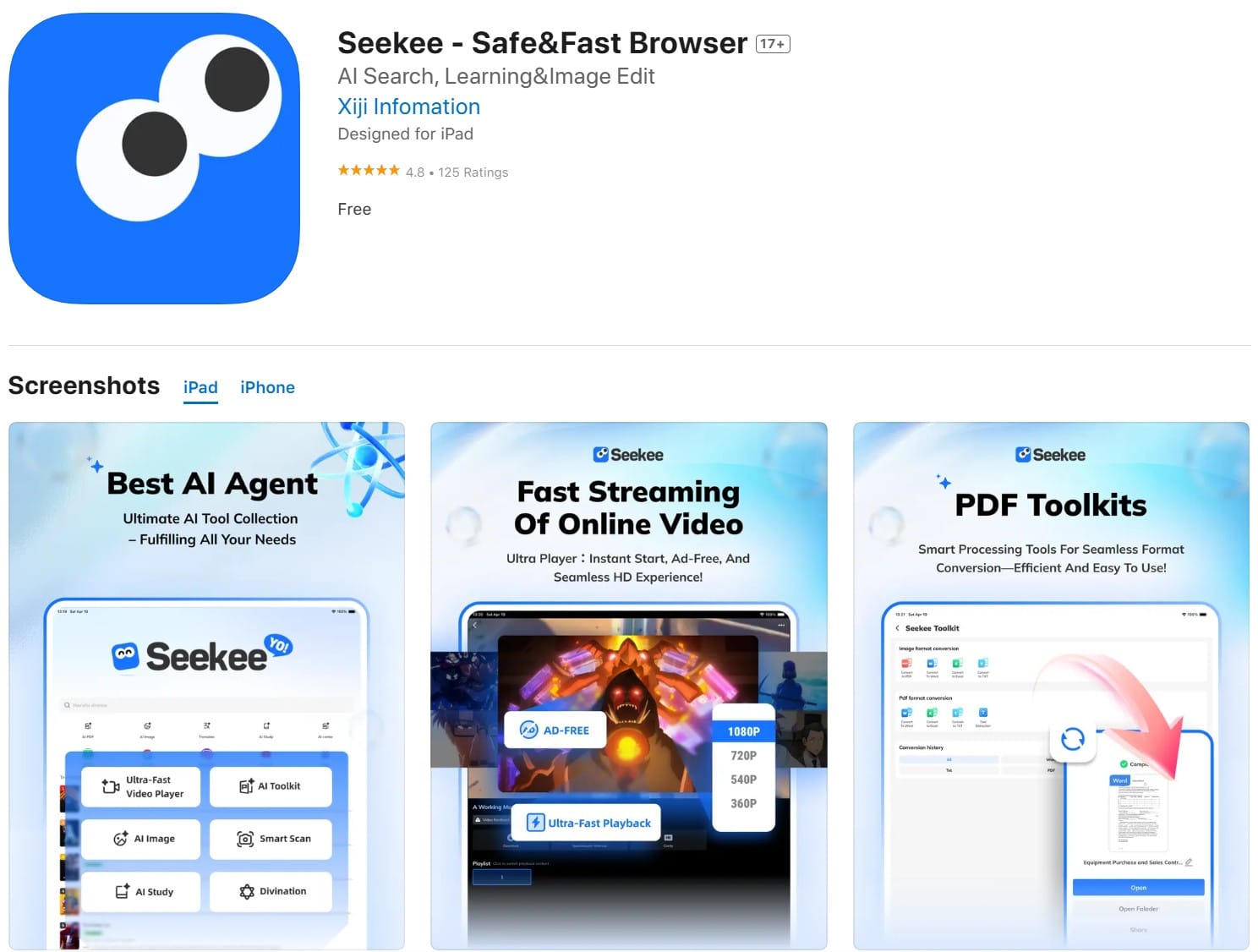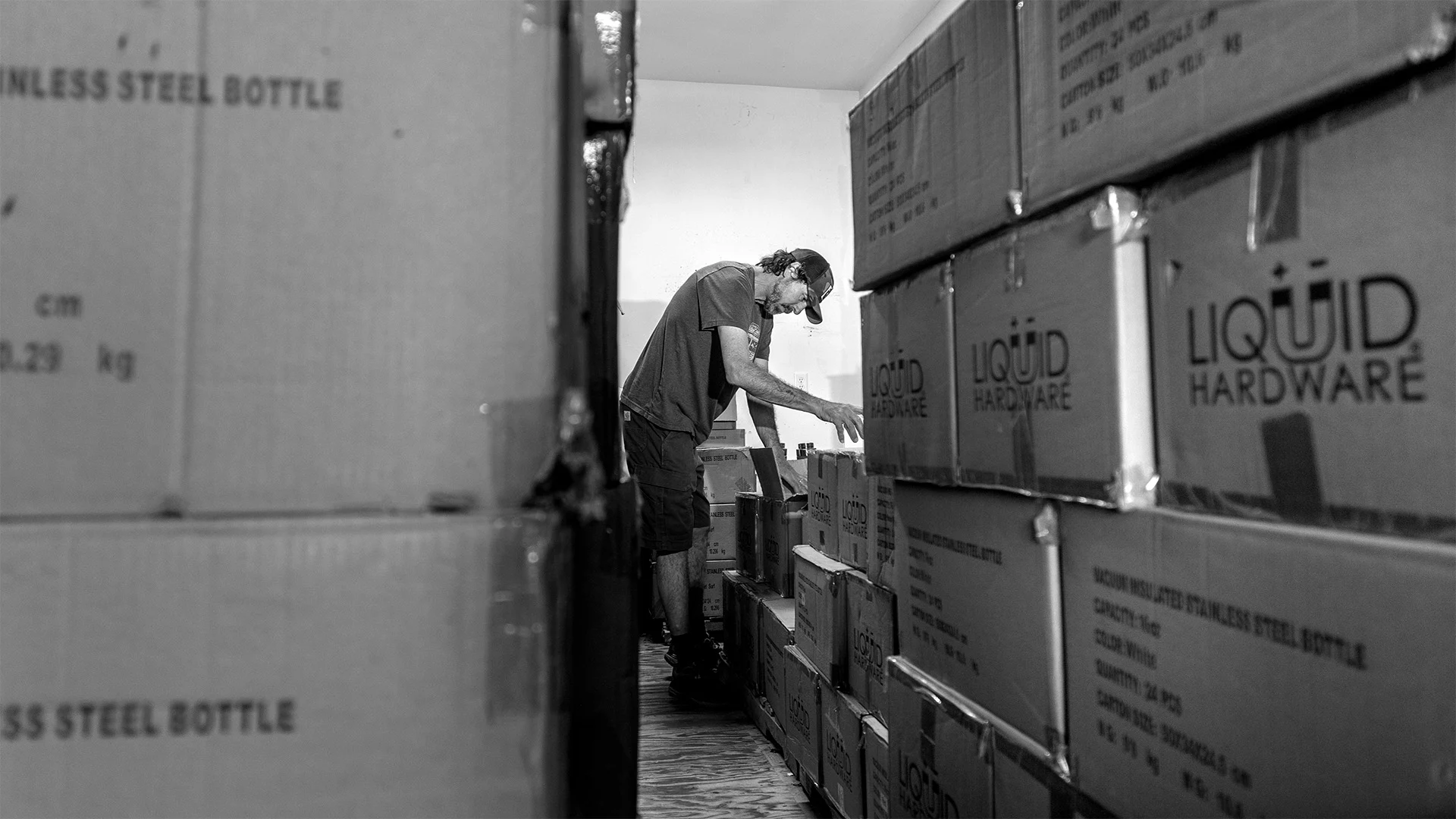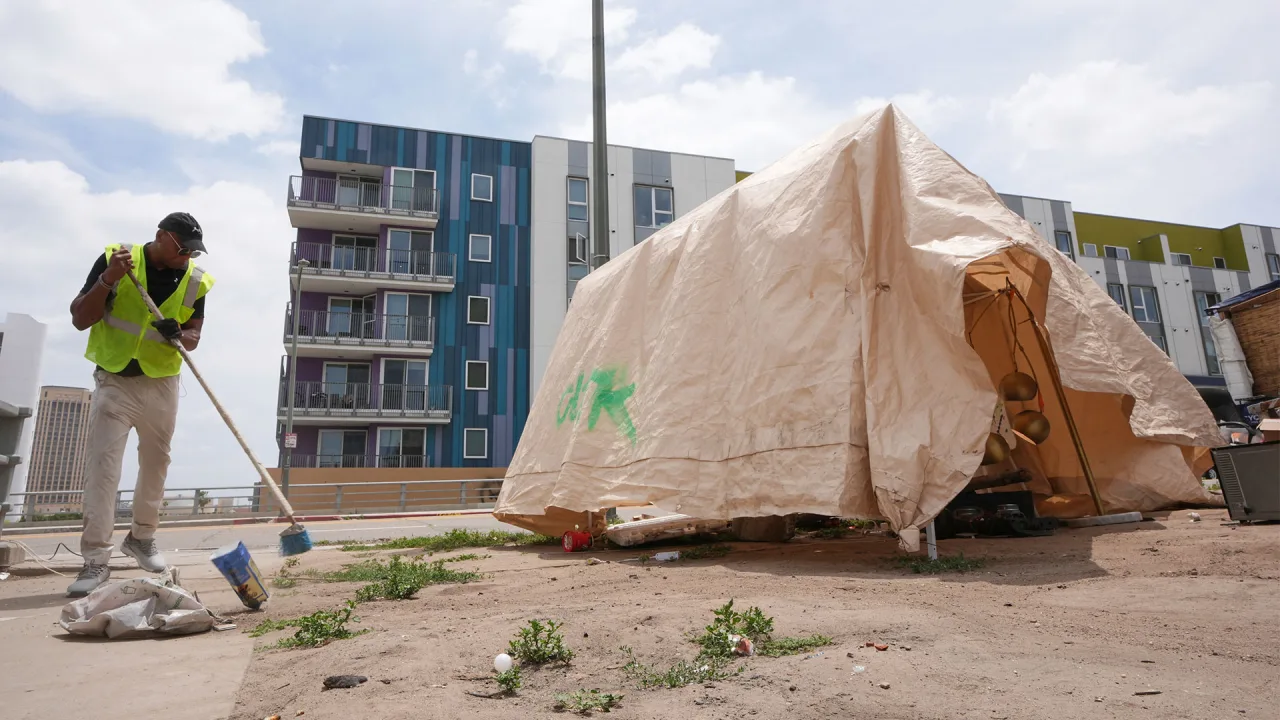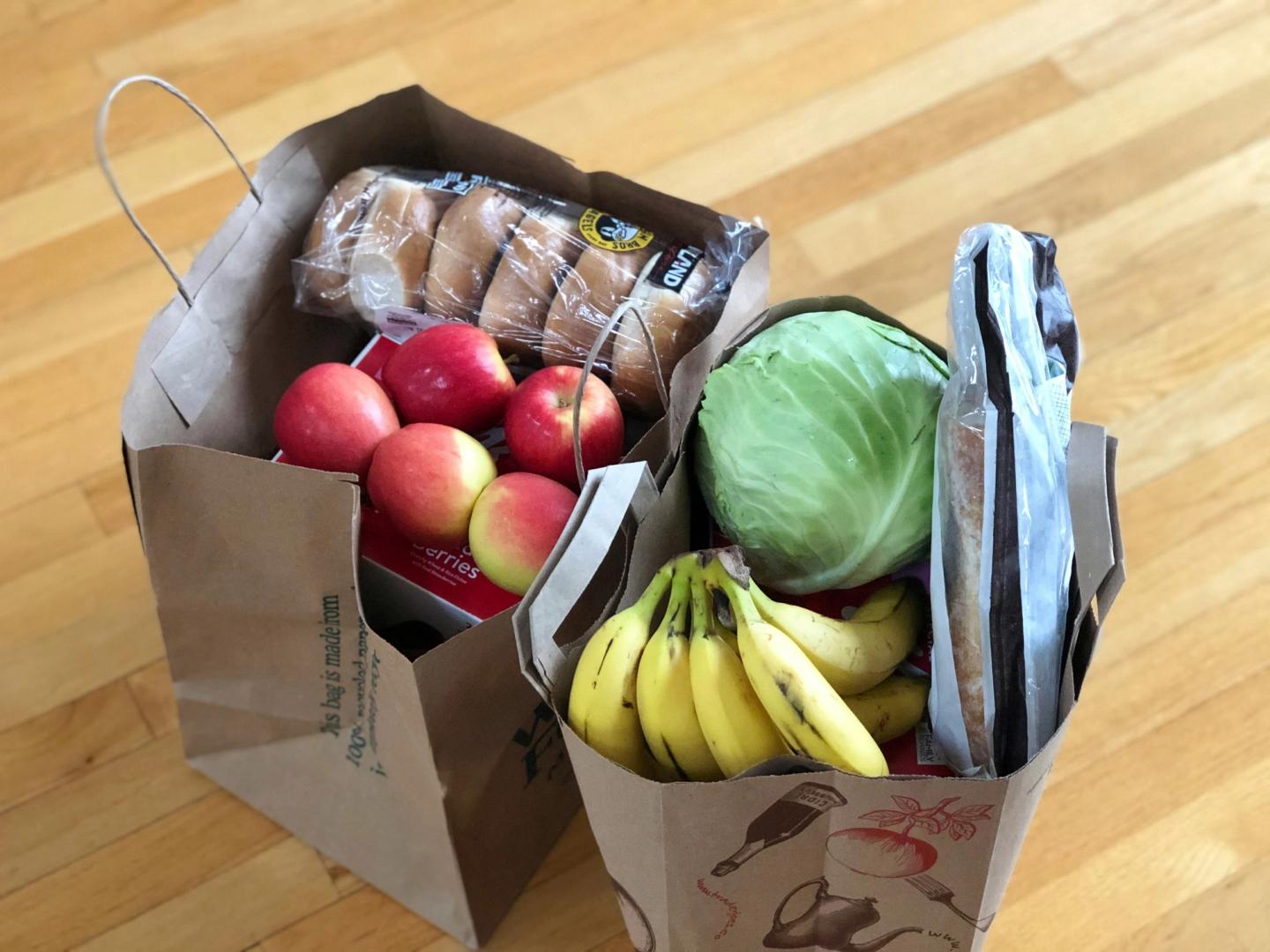How to Fix 'could not find any static libraries' in Rust?
Introduction If you’re encountering the error message "could not find any static libraries" when trying to compile a Rust project on CentOS with kernel 6.20, you’re not alone. This common issue typically arises during the build process using cargo, especially when dependencies like clang-sys cannot locate required static libraries. Understanding the Error The error indicates that the clang-sys crate is trying to link against static libraries that it cannot find on your system. This problem often stems from the absence of required development tools or libraries that are necessary for compiling Rust programs that depend on native libraries, such as clang. The fact that the error occurs during a custom build command suggests that specific libraries or dependencies that the clang-sys crate relies on are not installed or not correctly configured in your environment. The cargo build command you used effectively compiles your project, but without the appropriate libraries, it will fail at the linking stage. Step-by-Step Solution To resolve this issue, follow these steps: Step 1: Install Development Tools First, make sure you have the necessary development tools installed on your CentOS system. Run the following command: sudo yum groupinstall 'Development Tools' This command installs essential build tools, including gcc, make, and other compiling utilities needed for Rust development. Step 2: Install Clang and Required Libraries Since clang-sys depends on the clang compiler, ensure that it’s installed: sudo yum install clang Additionally, you may need to install specific libraries based on your needs. For instance, if you are dealing with libraries related to certain packages, you can run: sudo yum install llvm-devel sudo yum install libstdc++-devel Step 3: Verify Library Paths Sometimes, the libraries may be installed, but they’re not located in the expected directories. You can verify library installation with the command below: ls /usr/lib | grep 'libclang' ls /usr/lib64 | grep 'libclang' If the necessary libraries are found, double-check that cargo and rustc are aware of these paths. Step 4: Setting Library Path (if necessary) If libraries are installed but not detected, you might need to specify the library path manually before running your build command. Set the LIBRARY_PATH environment variable: export LIBRARY_PATH=/usr/lib:/usr/lib64 Then try building your project again: cargo build --manifest-path=atropos/Cargo.toml --release Step 5: Running Rust Backtrace If the issue persists, run the build command with backtrace enabled to get more debugging information: RUST_BACKTRACE=1 cargo build --manifest-path=atropos/Cargo.toml --release Analyze the backtrace for additional insights into where the failure occurs. This information can be invaluable in diagnosing the problem. Frequently Asked Questions What are static libraries? Static libraries are collections of object files that are linked into a program at compile-time rather than run-time. This means any dependencies needed must be available during the build phase. Why does clang-sys require static libraries? clang-sys relies on static libraries for efficient compilation and performance. If these libraries are missing, it typically leads to compilation errors. Can I use dynamic libraries instead? Yes, you might be able to configure your project to use dynamic libraries instead, but this may involve changes to your Cargo.toml and how you manage dependencies. Conclusion The error "could not find any static libraries" during the Rust build process can usually be fixed by ensuring that all necessary development tools and libraries are properly installed and configured. By following the steps outlined above, you should be able to successfully compile your Rust project on CentOS with kernel 6.20.

Introduction
If you’re encountering the error message "could not find any static libraries" when trying to compile a Rust project on CentOS with kernel 6.20, you’re not alone. This common issue typically arises during the build process using cargo, especially when dependencies like clang-sys cannot locate required static libraries.
Understanding the Error
The error indicates that the clang-sys crate is trying to link against static libraries that it cannot find on your system. This problem often stems from the absence of required development tools or libraries that are necessary for compiling Rust programs that depend on native libraries, such as clang.
The fact that the error occurs during a custom build command suggests that specific libraries or dependencies that the clang-sys crate relies on are not installed or not correctly configured in your environment. The cargo build command you used effectively compiles your project, but without the appropriate libraries, it will fail at the linking stage.
Step-by-Step Solution
To resolve this issue, follow these steps:
Step 1: Install Development Tools
First, make sure you have the necessary development tools installed on your CentOS system. Run the following command:
sudo yum groupinstall 'Development Tools'
This command installs essential build tools, including gcc, make, and other compiling utilities needed for Rust development.
Step 2: Install Clang and Required Libraries
Since clang-sys depends on the clang compiler, ensure that it’s installed:
sudo yum install clang
Additionally, you may need to install specific libraries based on your needs. For instance, if you are dealing with libraries related to certain packages, you can run:
sudo yum install llvm-devel
sudo yum install libstdc++-devel
Step 3: Verify Library Paths
Sometimes, the libraries may be installed, but they’re not located in the expected directories. You can verify library installation with the command below:
ls /usr/lib | grep 'libclang'
ls /usr/lib64 | grep 'libclang'
If the necessary libraries are found, double-check that cargo and rustc are aware of these paths.
Step 4: Setting Library Path (if necessary)
If libraries are installed but not detected, you might need to specify the library path manually before running your build command. Set the LIBRARY_PATH environment variable:
export LIBRARY_PATH=/usr/lib:/usr/lib64
Then try building your project again:
cargo build --manifest-path=atropos/Cargo.toml --release
Step 5: Running Rust Backtrace
If the issue persists, run the build command with backtrace enabled to get more debugging information:
RUST_BACKTRACE=1 cargo build --manifest-path=atropos/Cargo.toml --release
Analyze the backtrace for additional insights into where the failure occurs. This information can be invaluable in diagnosing the problem.
Frequently Asked Questions
What are static libraries?
Static libraries are collections of object files that are linked into a program at compile-time rather than run-time. This means any dependencies needed must be available during the build phase.
Why does clang-sys require static libraries?
clang-sys relies on static libraries for efficient compilation and performance. If these libraries are missing, it typically leads to compilation errors.
Can I use dynamic libraries instead?
Yes, you might be able to configure your project to use dynamic libraries instead, but this may involve changes to your Cargo.toml and how you manage dependencies.
Conclusion
The error "could not find any static libraries" during the Rust build process can usually be fixed by ensuring that all necessary development tools and libraries are properly installed and configured. By following the steps outlined above, you should be able to successfully compile your Rust project on CentOS with kernel 6.20.


























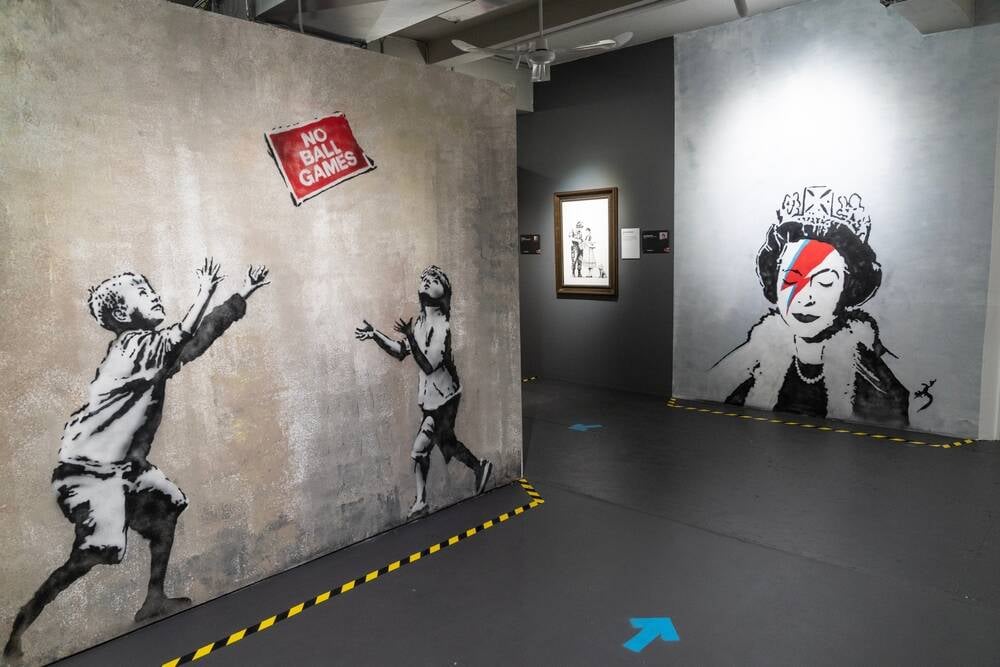







































![[The AI Show Episode 147]: OpenAI Abandons For-Profit Plan, AI College Cheating Epidemic, Apple Says AI Will Replace Search Engines & HubSpot’s AI-First Scorecard](https://www.marketingaiinstitute.com/hubfs/ep%20147%20cover.png)









































































































































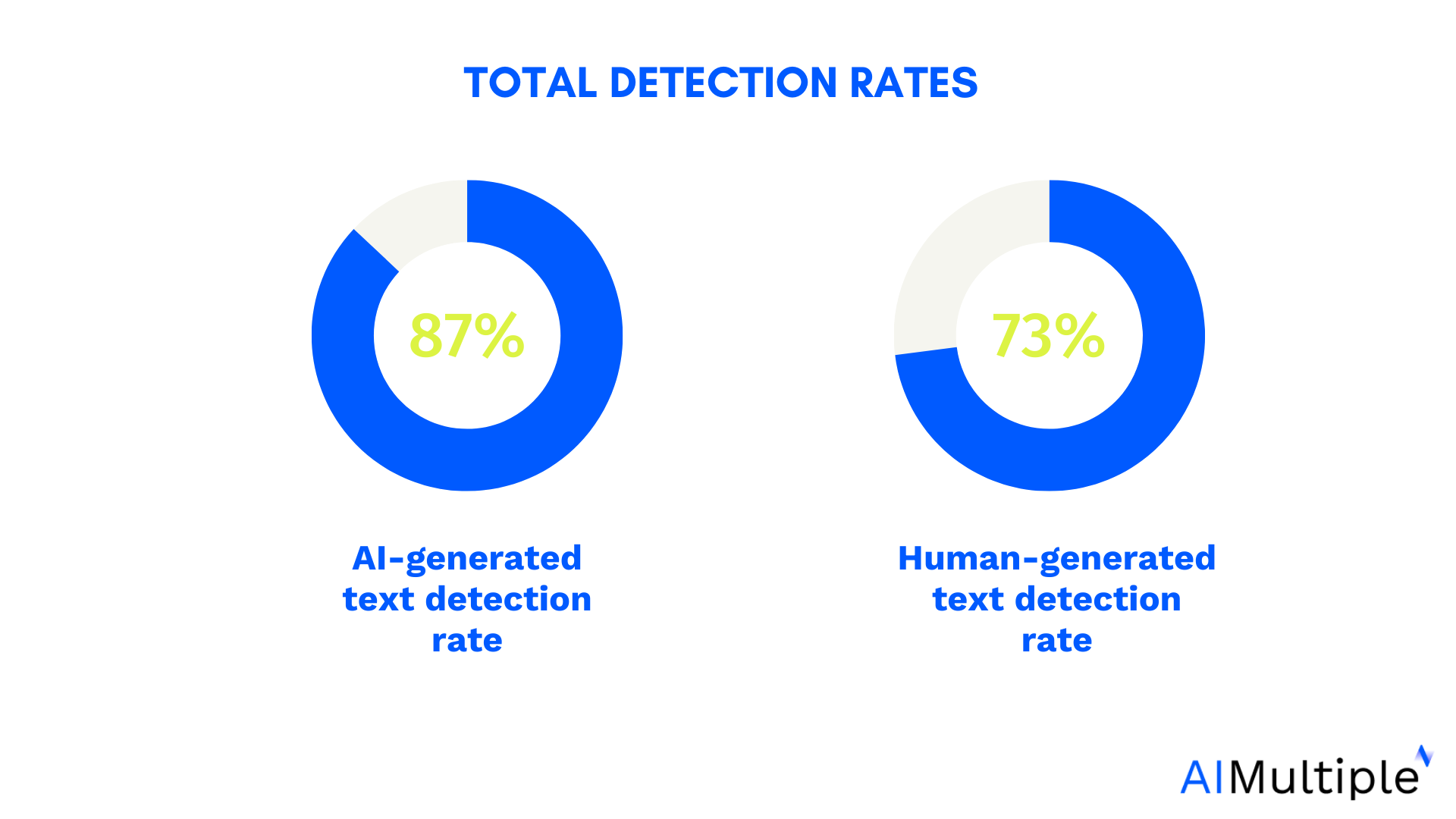























































































![Ditching a Microsoft Job to Enter Startup Purgatory with Lonewolf Engineer Sam Crombie [Podcast #171]](https://cdn.hashnode.com/res/hashnode/image/upload/v1746753508177/0cd57f66-fdb0-4972-b285-1443a7db39fc.png?#)



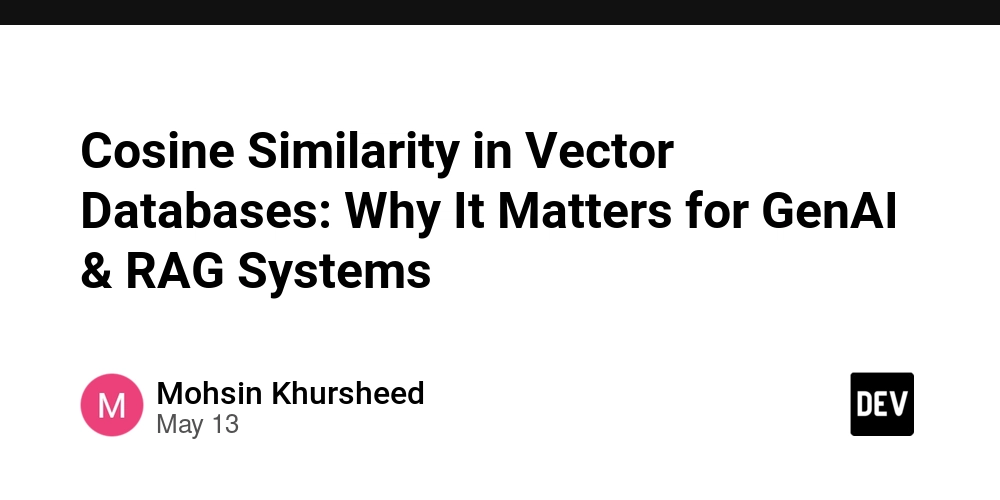













































.png?width=1920&height=1920&fit=bounds&quality=70&format=jpg&auto=webp#)












































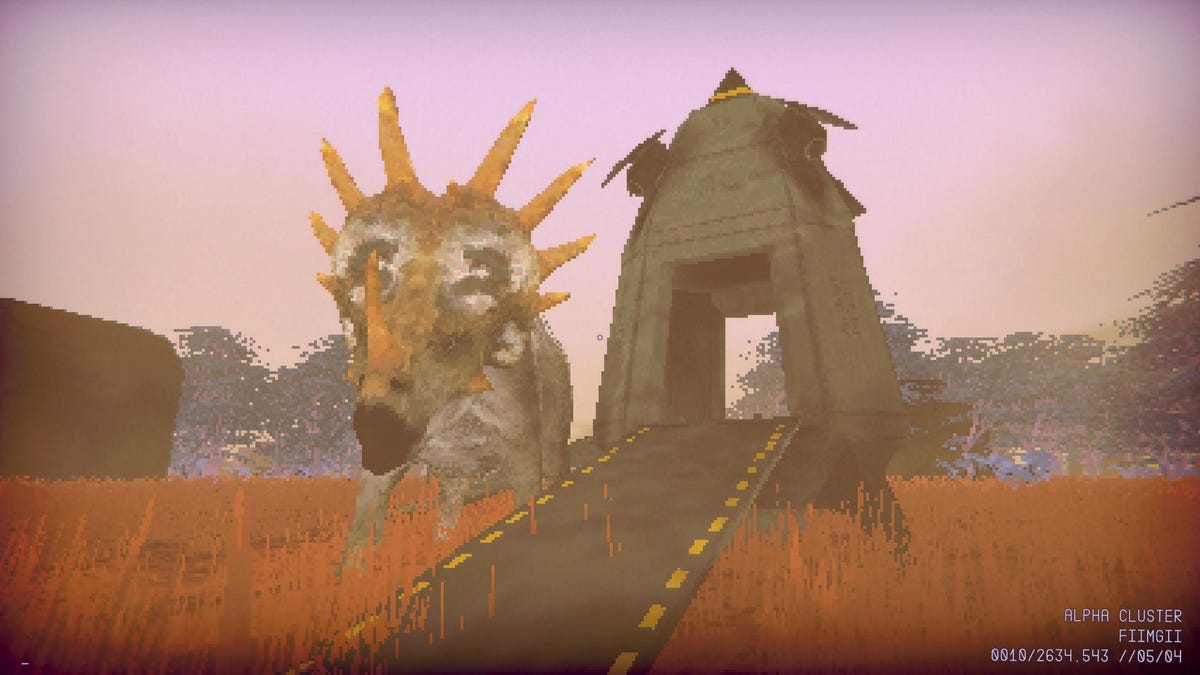




















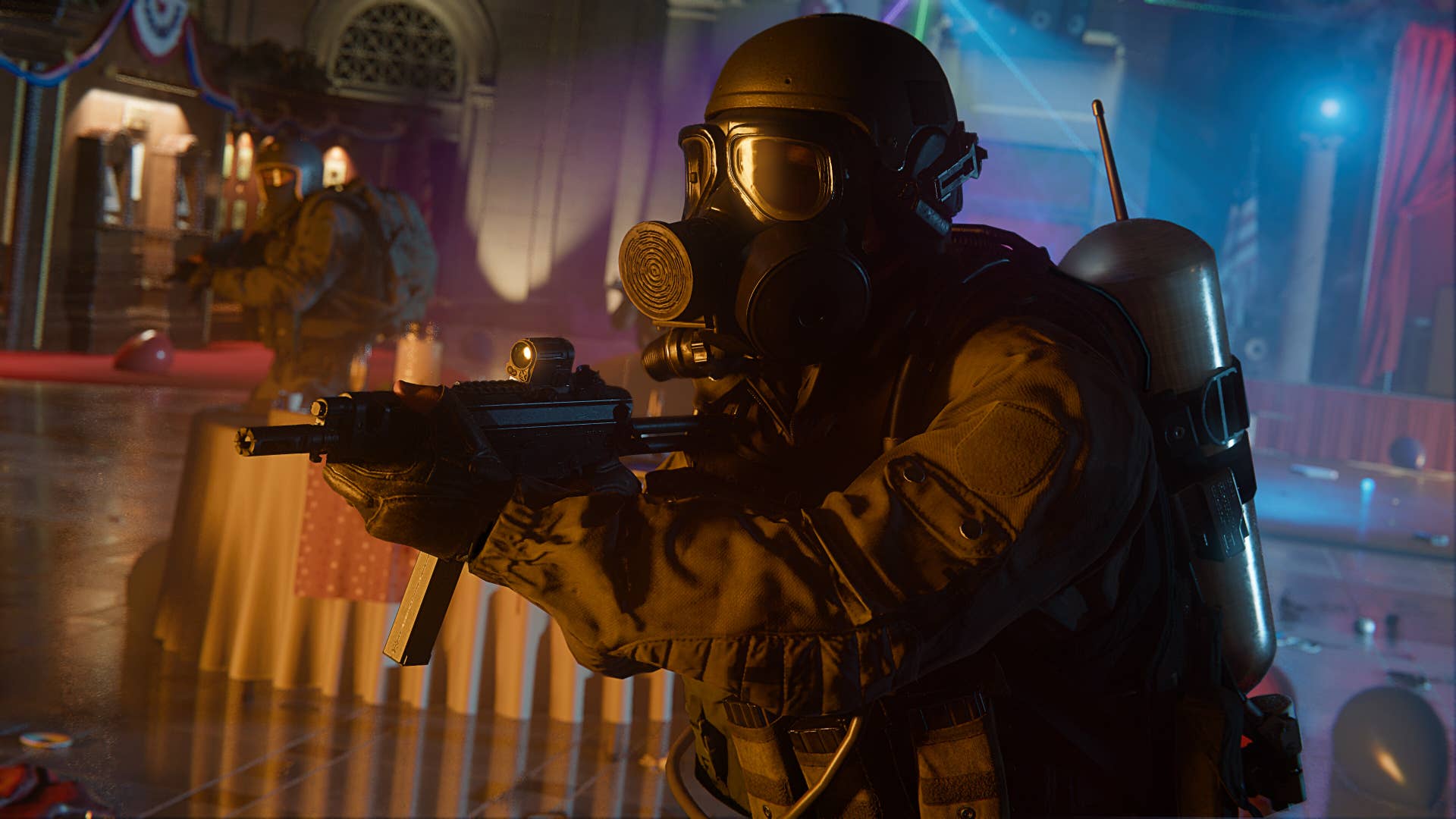
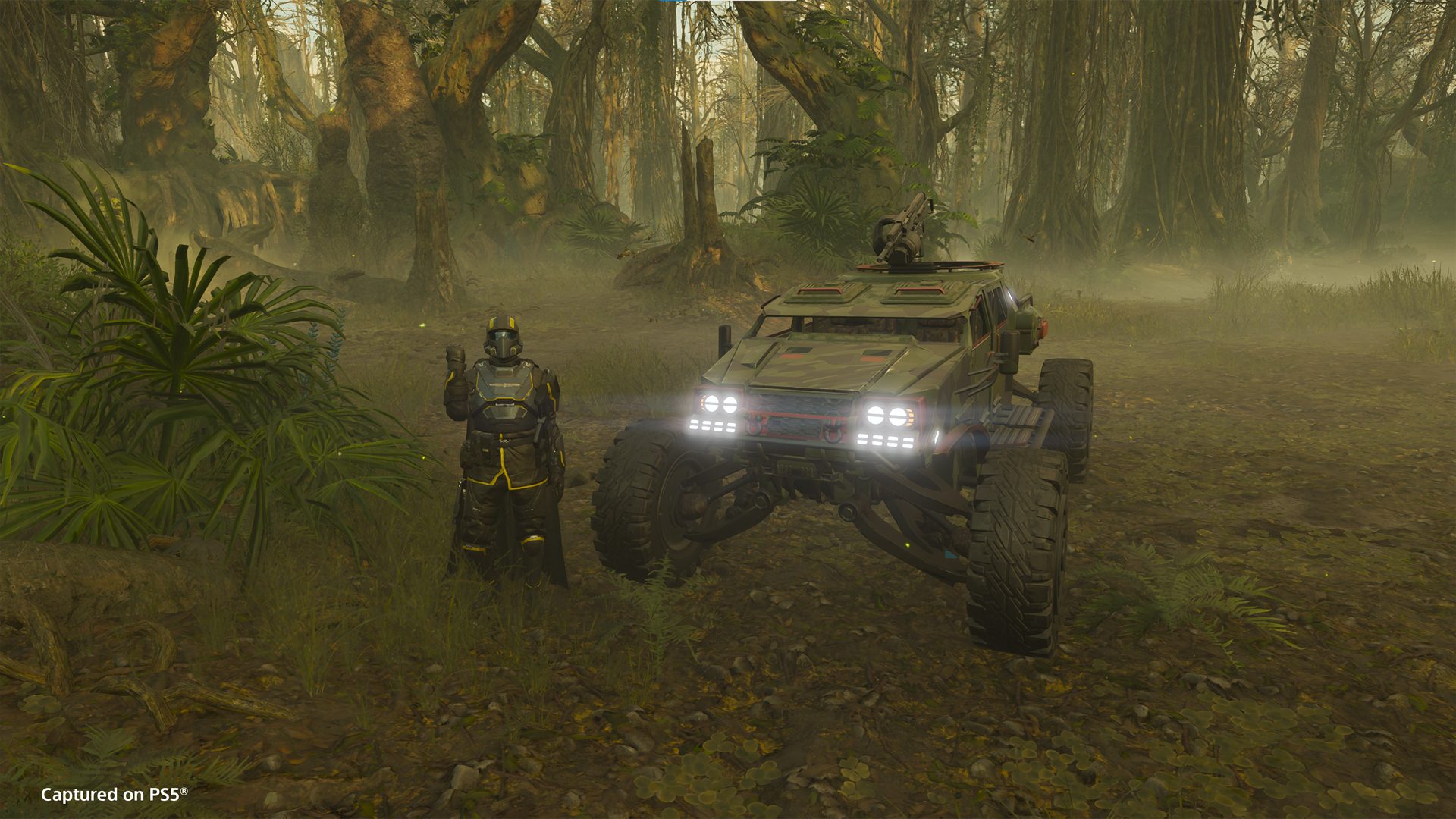








































































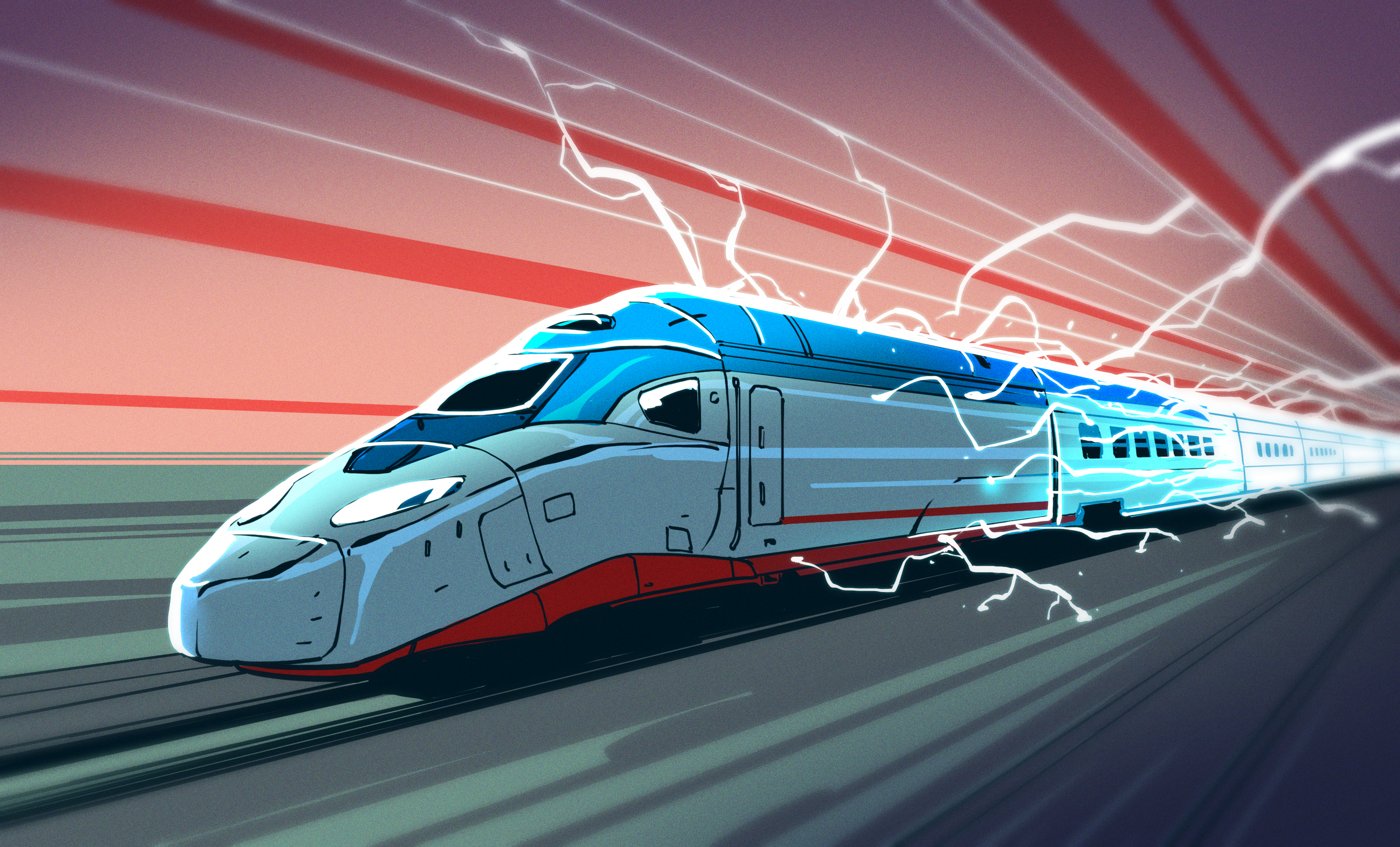
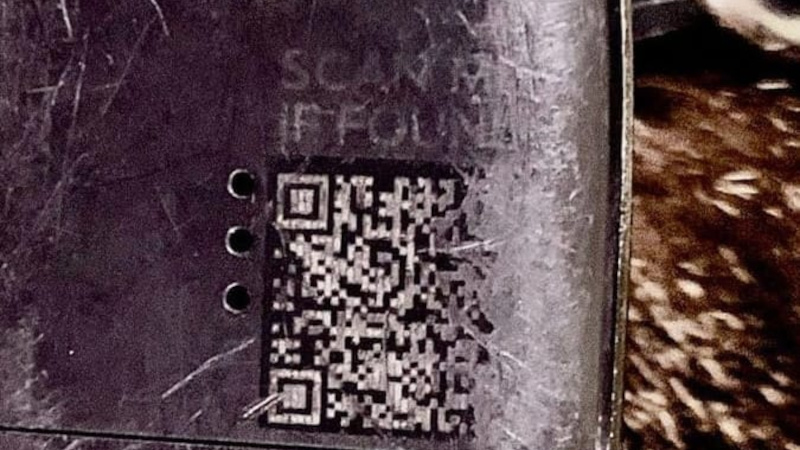

























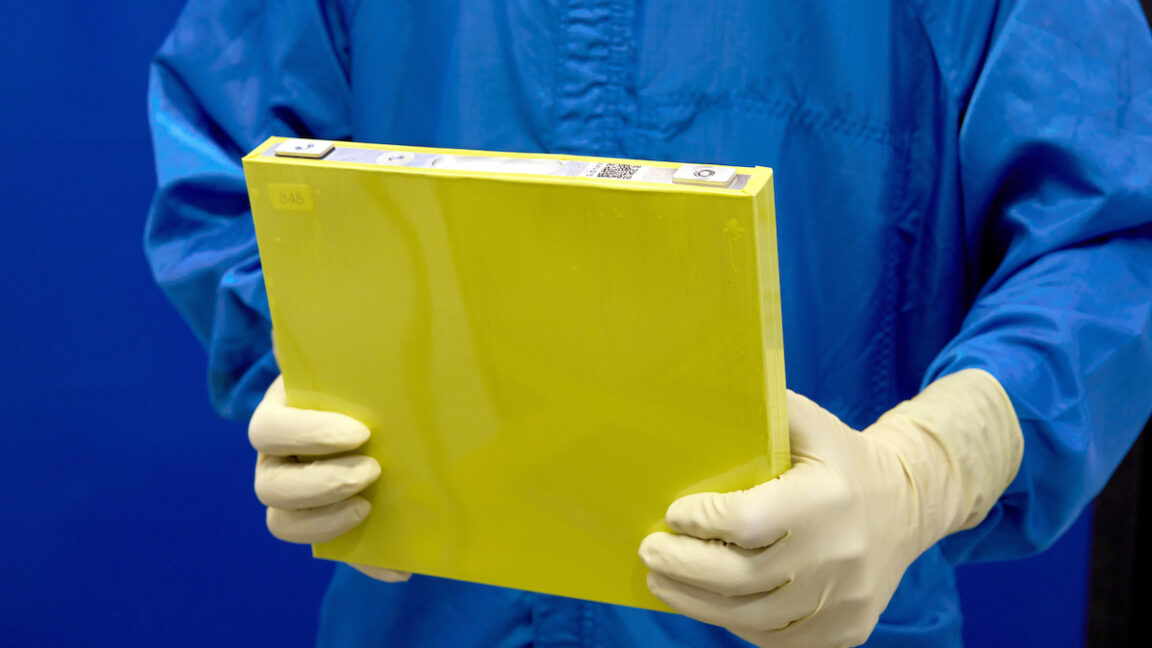
































![Apple Unveils Powerful New Accessibility Features for iOS 19 and macOS 16 [Video]](https://www.iclarified.com/images/news/97311/97311/97311-640.jpg)
![Samsung's New Galaxy S25 Edge Takes Aim at 'iPhone 17 Air' [Video]](https://www.iclarified.com/images/news/97276/97276/97276-640.jpg)
![Apple to Launch AI-Powered Battery Saver Mode in iOS 19 [Report]](https://www.iclarified.com/images/news/97309/97309/97309-1280.jpg)























































